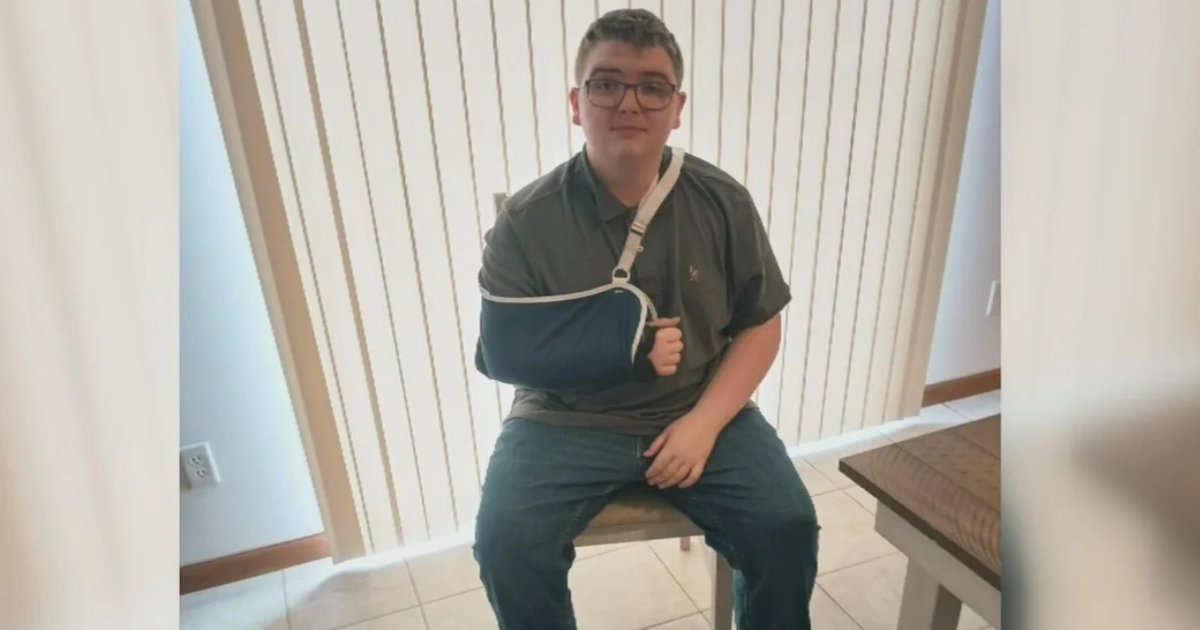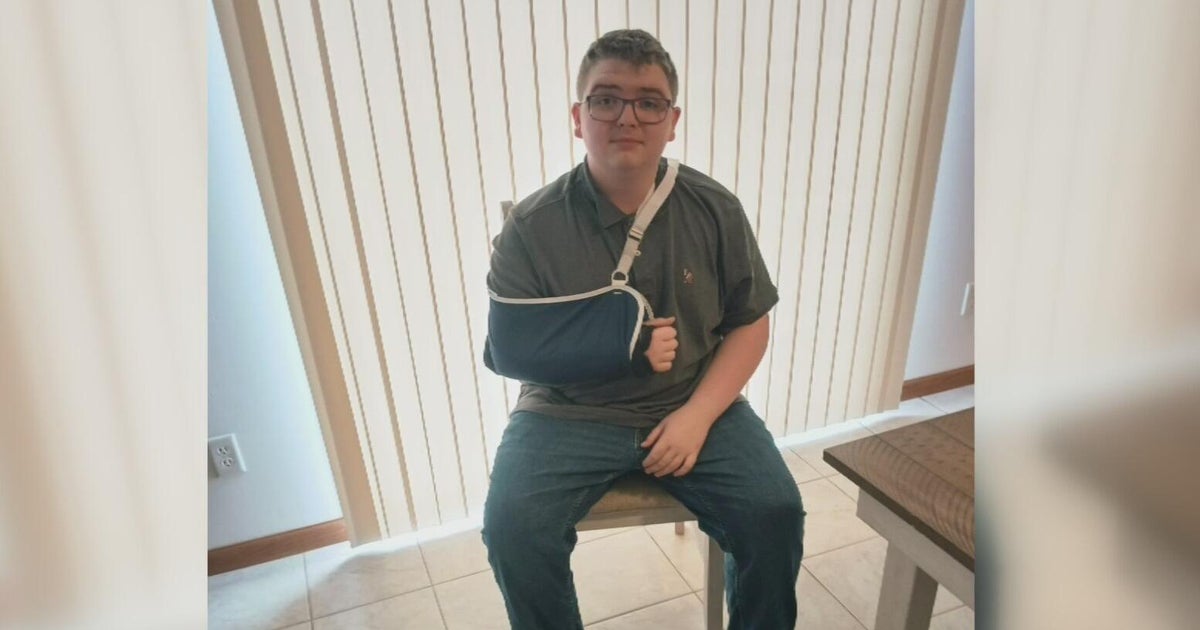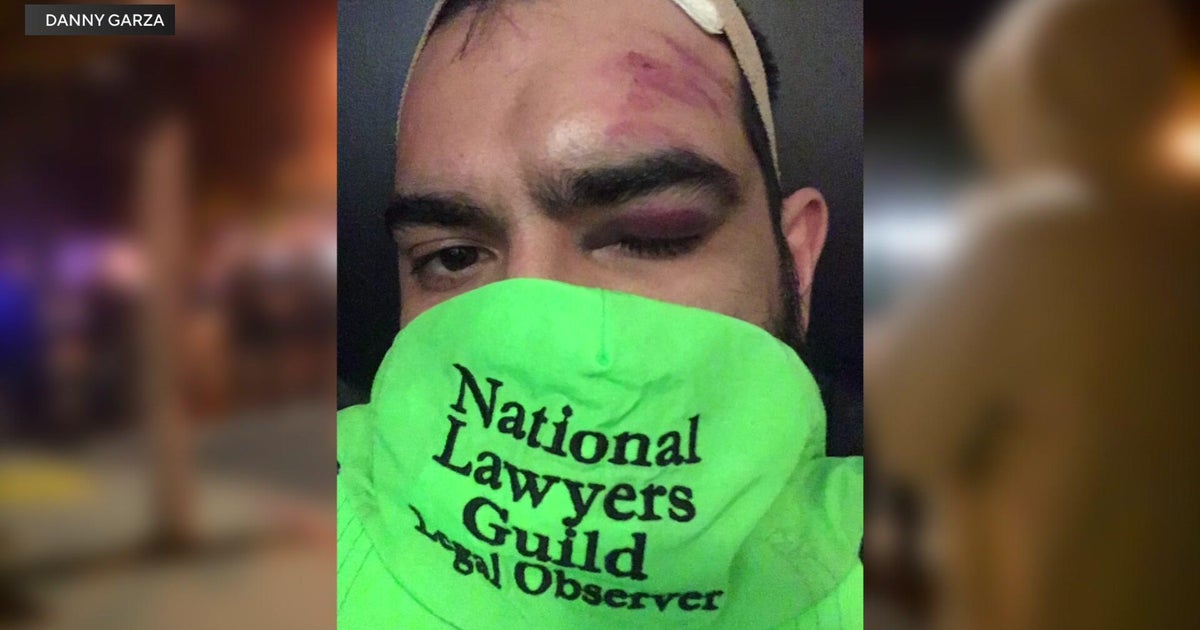Here's what you need to know about concussions
MIAMI - Concussions have become an increasingly controversial topic in the football world.
Wednesday's news that Miami Dolphins Tua Tagovailoa sustained yet another concussion prompted the NFL to take another look at the league's concussion protocol.
The Centers for Disease Control and Prevention defines concussions as traumatic brain injuries that are caused by a jolt to the head that causes the brain to move back and forth rapidly. The CDC takes that a step further, outlining that concussions can cause the brain to bounce around or twist inside the skull creating chemical changes to the brain. As a result brain cells can be damaged.
Over the years, many have questioned what the long-term effects of this injury are. Studies, like the one done by the National Institute of Neurological Disorders and Stroke, are continually evolving.
Their research lists these conditions:
- Pain
- Sleep Disorders
- Post-Concussion Syndrome (PCS)
- Chronic Traumatic Encephalopathy (CTE)
Dr. Amar Mittapalli, an emergency doctor with HCA Florida Northwest Hospital, says once someone sustains a concussion the first seven to 10 days are crucial.
"Mental rest is huge and avoiding what you did before: avoiding those games, avoiding the screen time and keeping your mind at ease and kind of letting your brain rest on its own," he said.
According to Dr. Mittapalli, concussion symptoms usually subside within one to four weeks, but he recommends watching for nausea, vomiting, dizziness, all of those telltale signs of a concussion.
He also says if the issue persists, following up with a neurologist to make sure there aren't any long-term effects on the brain is important as well.
When it comes to Tugovailoa, Head Coach Mike McDaniel didn't immediately respond to questions about Tua's treatment or future for the rest of the season. He emphasized the player's health and privacy in this matter.







